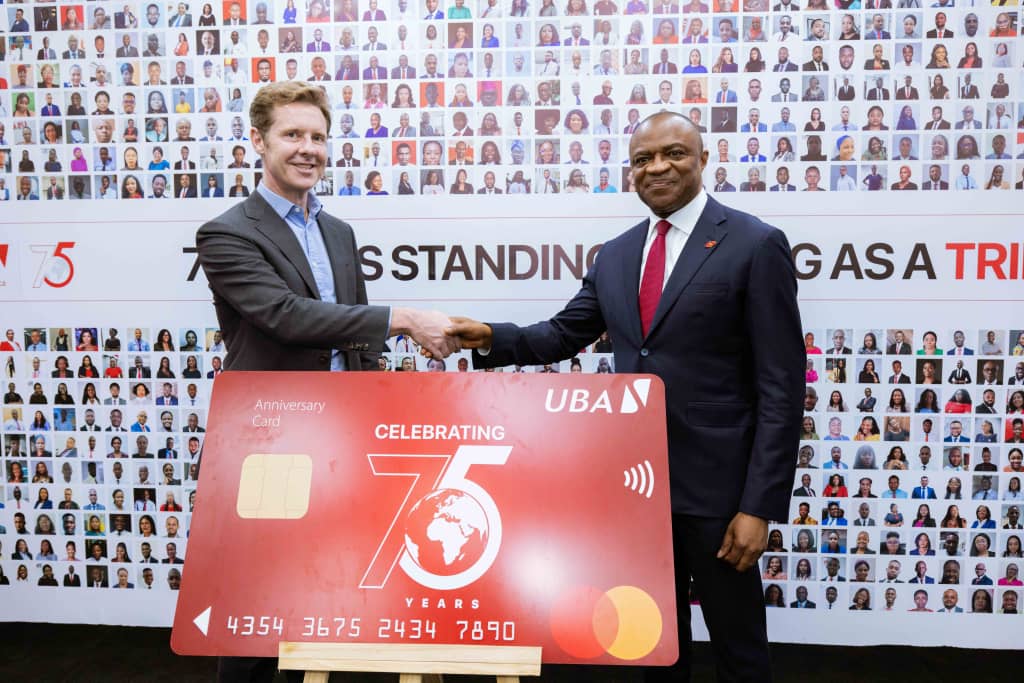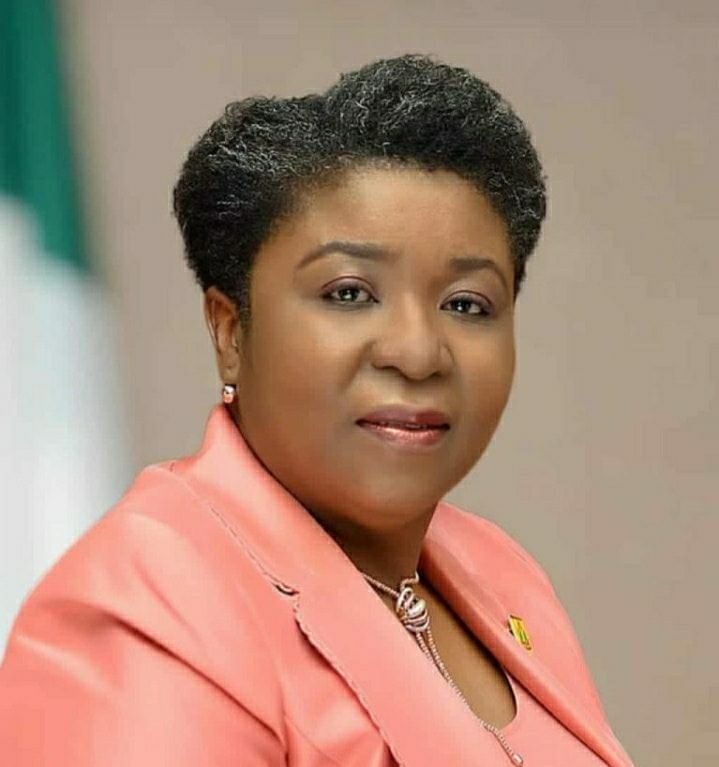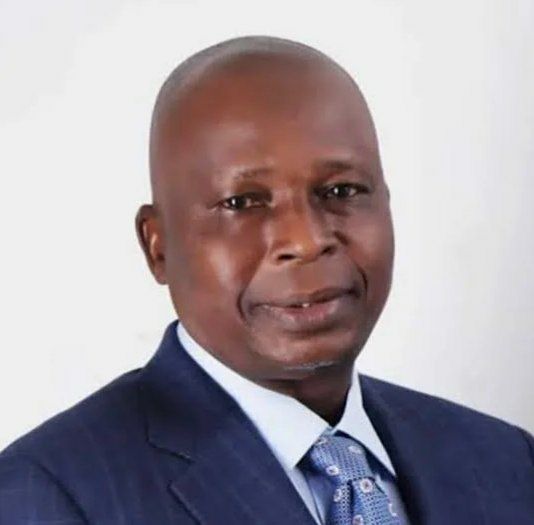There was controversy on Wednesday over a contract deal totalling $1.4m awarded by the Ministry of Defence for a United Nations project.
While an online report alleged that the Minister of Defence, Brig. Gen. Munir Dan-Ali, and three senior officials of the ministry were involved in a messy scandal, the Defence ministry spokesman, Col. Tukur Gusau, said the contract in question followed due process.
He also said the project had been completed and ready for inspection by a team that would leave Nigeria for Mali.
Gusau’s statement was in response to a report published by TheCable, an online newspaper.
The Cable’s report captioned, ‘General detained as another scandal rocks Buhari’s government,’ had stated that Dan-Ali, the immediate past permanent secretary of the ministry, Danjuma Nanfo; and the coordinator of peacekeeping, Brig. Gen LYM Hassan, were being questioned in connection with disbursement of $1.4m meant for a UN project.
It had also reported that Hassan was in detention and facing court-martial.
But, in a press statement, the Defence Ministry’s spokesman said, “The fact of the matter is that the procedure of awarding contracts by the ministry is in line with the existing procurement act of the Federal Government of Nigeria.
“The said contract has already been successfully executed and the contractor has requested a team from the Ministry of Defence and the Defence Headquarters to carry out a completion inspection of the project.
“The team is due in Mali soon. There is no fraud in the process. The case of the said army general currently standing trial at the army court-martial has no connection with the award of any contract by the ministry.”
Gusau’s statement was, however, silent on other allegations contained in TheCable report. The statement did not mention anything about the last minute change of contractors and the request for $500m variation.
It also did not address the request by the United Nations that Nigeria withdraw its troops serving in the peacekeeping mission, as well as the loss of the position to Rwanda.
TheCable had reported that Dan-Ali, Nanfor and Hassan told the court-martial, which began sitting on October 30, 2017, how money was disbursed from the $1.4m contract without the job being executed.
The contract was reportedly for the relocation and refurbishment of Level 2 Ministry Hospital under the United Nations Multi-dimensional Integrated Stabilisation Mission in Mali (MINUSMA).
A UN level 2 hospital is a second line or ‘brigade/sector’ level surgical facility for limited specialist expertise and limited surgical capabilities, including life, limb and organ-saving surgeries.
Under the UN system, 18 level 2 hospitals are being operated by troop-/police-contributing countries.
Countries get paid by the UN for the use of the facilities.
Nigeria’s level 2 hospital was established to support the United Nations Operation in Côte d’Ivoire (UNOCI) in 2008.
The hospital was later relocated to its temporary site in Timbuktu, Mali, in 2013 to support MINUSMA.
For failing to meet the August 2017 UN deadline for a new location, Nigeria was reportedly asked by the global body to withdraw its remaining contingent to the United Nations African Mission in Darfur (UNIMID) because of poor holding of the ‘Contingent-Owned Equipment (COE).’
The report said the problem started when the UN asked Nigeria to move its level 2 hospital from the temporary camp at the Timbuktu Airport, to the more secure new ‘UN Super Camp’ in Timbuktu.
With the completion of the permanent camp of MINUSMA in Timbuktu, it was gathered that the UN requested all its establishments to relocate to the new ‘Super Camp.’
TheCable had reported that in February 2017, the Ministry of Defence awarded a contract for the refurbishing and relocation of the hospital to a contractor who had zero experience in installation of a level 2 hospital.
According to documents seen by TheCable, the controversial contract was awarded after the defence ministry had received a presidential approval in the name of another contractor.
The initial approval was said to have followed a memo from the minister of defence on July 21, 2016, to President Muhammadu Buhari requesting fund for the relocation of the Nigerian Medical Level 2 Hospital “deployed in African Union MINUSMA in Mali.”
The approval was contained in a memo, dated November 9, 2016, from the President’s chief of staff to the minister of defence.
Nothing was reportedly heard of the President’s approval until three months later when an award letter, dated February 2, 2017, emanated from the procurement department of the MOD to a new firm which was not involved in the initial contract process.
The new contract had a completion period of two months.
It was gathered that the contract till date had not been executed, as only part of the hospital under MINUSMA was dismantled and left at the current location.
The initial cost of the contract for the refurbishing and relocation of the hospital as approved by Buhari was said to be $1,464,750.
The contract for execution of the same was awarded by the MOD procurement department for $1 million, short by $464,750.
But the favoured contractor reportedly ran back to tell the ministry officials that the contract could not be executed unless there was a variation sum to the tune of over $500,000.
However, the refurbishment and relocation contract was awarded by the ministry with the specification that “the contract price is fixed and no request for variation will be entertained.’’
According to a source in the ministry, there was a second approval, which is suspect because “there is no way the president will give approval to the same contract twice.”
TheCable reported that the UN had asked Rwanda to get ready to deploy another Level 2 hospital at the Super Camp.
The UN, through the United Nations Security Council, had at its meeting with troop/police contributing countries on January 28, 2017, in New York, expressed an urgent need to relocate the hospital to the Super Camp.
All the establishments had a deadline of second week of August 2017 to complete the relocation.
But with the platforms ready by the first week of August, Nigeria’s hospital was nowhere near the Super Camp.
It was gathered that rather than relocate the hospital, the actors allegedly chose to share the money and excluded the contractor.
It was gathered that Dan-Ali later sent servicing officers to execute the contract.
The relocation was to be supervised by Hassan and one B.A. Isandu, also a brigadier-general.
Ministry officials were said to have called for a probe, adding that those indicted should be prosecuted.
TheCable said it could not reach Dan-Ali for comments as his telephone line was unavailable, and he also did not respond to SMS.
It reported that Tukur Gusau, a colonel and his spokesman, refused to respond to its questions.
However, when contacted on the telephone, the Senior Special Assistant to the President on Media and Publicity, Garba Shehu, said he had not been briefed on the matter.
“Honestly, I have not been briefed on this matter,” the presidential spokesman said.
Reacting to the unfolding drama, the Director of Centre for Anti-Corruption and Open Leadership, Debo Adeniran, said, “There have been several scandals in the Ministry of Defence.
“Those officers involved in this scandal must be court-martialled and thereafter dismissed from the army. They should be handed over to the relevant prosecution agencies to face the full wrath of the law.’’
The President, Campaign for Democracy, Usman Abdul, said, “The rules of engagement in the award of contracts are clear. This does not exclude contracts from the Ministry of Defence. We want to know if due process was followed. If not, why? Nigeria has signed the Open Government Partnership that has to do with open contracting. If the government signed that treaty, the government must investigate this scandal.’’
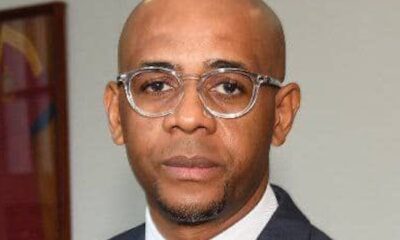
 BIG STORY4 days ago
BIG STORY4 days ago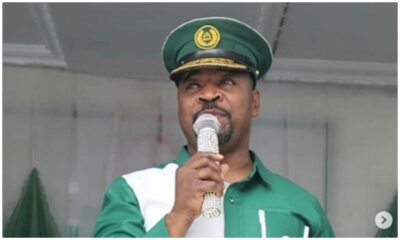
 BIG STORY4 days ago
BIG STORY4 days ago
 BIG STORY4 days ago
BIG STORY4 days ago
 BIG STORY3 days ago
BIG STORY3 days ago
 BIG STORY2 days ago
BIG STORY2 days ago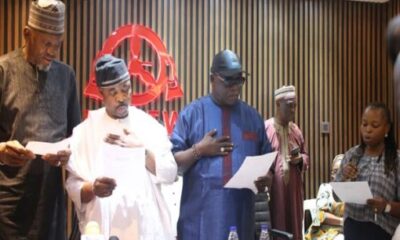
 BIG STORY2 days ago
BIG STORY2 days ago
 BIG STORY2 days ago
BIG STORY2 days ago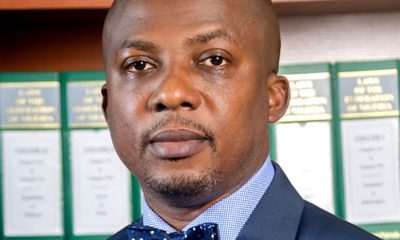
 BIG STORY2 days ago
BIG STORY2 days ago


















